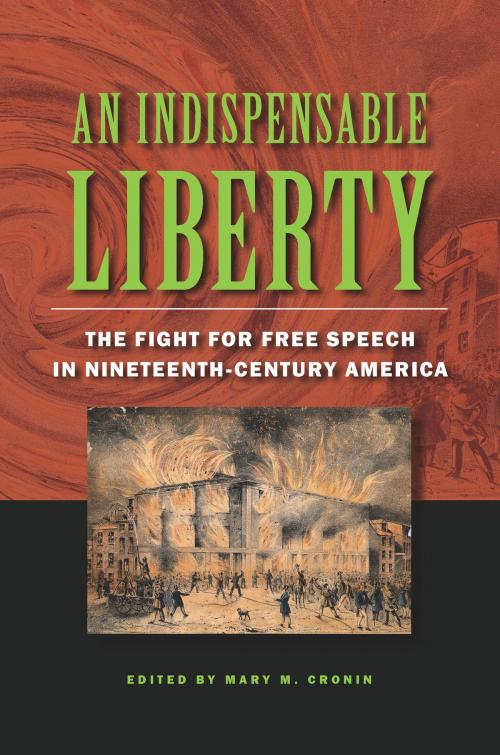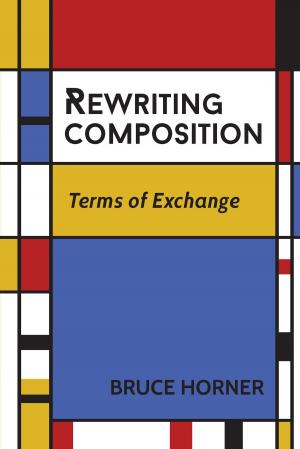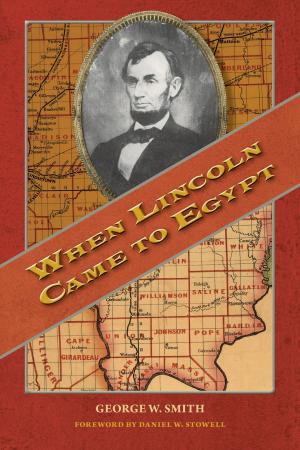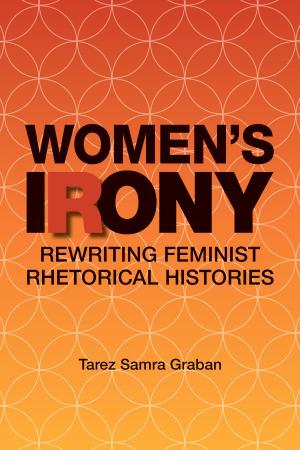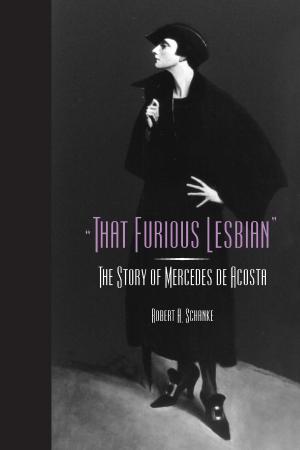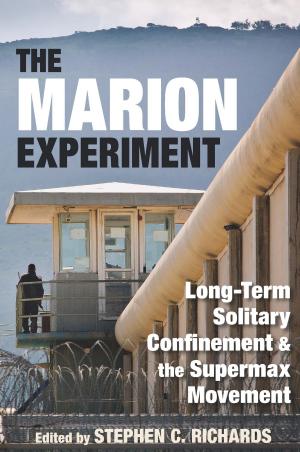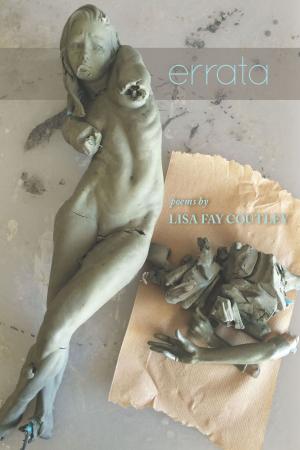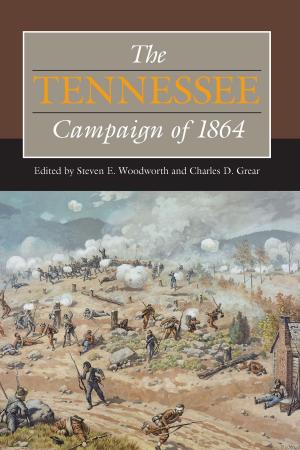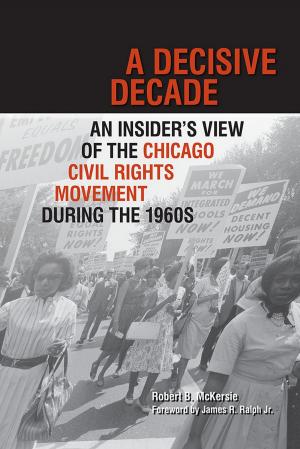An Indispensable Liberty
The Fight for Free Speech in Nineteenth-Century America
Nonfiction, Reference & Language, Law, Legal History, History, Americas, United States, 19th Century| Author: | David W. Bulla, Jon Bekken, Sandra Davidson, Nancy McKenzie Dupont, Joseph Hayden, Lee Jolliffe, Paulette D. Kilmer, Erika Jean Pribanic-Smith, Debra Reddin van Tuyll, Janice R. Wood | ISBN: | 9780809334735 |
| Publisher: | Southern Illinois University Press | Publication: | March 9, 2016 |
| Imprint: | Southern Illinois University Press | Language: | English |
| Author: | David W. Bulla, Jon Bekken, Sandra Davidson, Nancy McKenzie Dupont, Joseph Hayden, Lee Jolliffe, Paulette D. Kilmer, Erika Jean Pribanic-Smith, Debra Reddin van Tuyll, Janice R. Wood |
| ISBN: | 9780809334735 |
| Publisher: | Southern Illinois University Press |
| Publication: | March 9, 2016 |
| Imprint: | Southern Illinois University Press |
| Language: | English |
Most Americans today view freedom of speech as a bedrock of all other liberties, a defining feature of American citizenship. During the nineteenth century, the popular concept of American freedom of speech was still being formed. In An Indispensable Liberty: The Fight for Free Speech in Nineteenth-Century America, contributors examine attempts to restrict freedom of speech and the press during and after the Civil War.
The eleven essays that make up this collection show how, despite judicial, political, and public proclamations of support for freedom of expression, factors like tradition, gender stereotypes, religion, and fear of social unrest often led to narrow judicial and political protection for freedom of expression by people whose views upset the status quo. These views, expressed by abolitionists, suffragists, and labor leaders, challenged rigid cultural mores of the day, and many political and cultural leaders feared that extending freedom of expression to agitators would undermine society. The Civil War intensified questions about the duties and privileges of citizenship. After the war, key conflicts over freedom of expression were triggered by Reconstruction, suffrage, the Comstock Act, and questions about libel.
The volume’s contributors blend social, cultural, and intellectual history to untangle the complicated strands of nineteenth-century legal thought. By chronicling the development of modern-day notions of free speech, this timely collection offers both a valuable exploration of the First Amendment in nineteenth-century America and a useful perspective on the challenges we face today.
Most Americans today view freedom of speech as a bedrock of all other liberties, a defining feature of American citizenship. During the nineteenth century, the popular concept of American freedom of speech was still being formed. In An Indispensable Liberty: The Fight for Free Speech in Nineteenth-Century America, contributors examine attempts to restrict freedom of speech and the press during and after the Civil War.
The eleven essays that make up this collection show how, despite judicial, political, and public proclamations of support for freedom of expression, factors like tradition, gender stereotypes, religion, and fear of social unrest often led to narrow judicial and political protection for freedom of expression by people whose views upset the status quo. These views, expressed by abolitionists, suffragists, and labor leaders, challenged rigid cultural mores of the day, and many political and cultural leaders feared that extending freedom of expression to agitators would undermine society. The Civil War intensified questions about the duties and privileges of citizenship. After the war, key conflicts over freedom of expression were triggered by Reconstruction, suffrage, the Comstock Act, and questions about libel.
The volume’s contributors blend social, cultural, and intellectual history to untangle the complicated strands of nineteenth-century legal thought. By chronicling the development of modern-day notions of free speech, this timely collection offers both a valuable exploration of the First Amendment in nineteenth-century America and a useful perspective on the challenges we face today.
